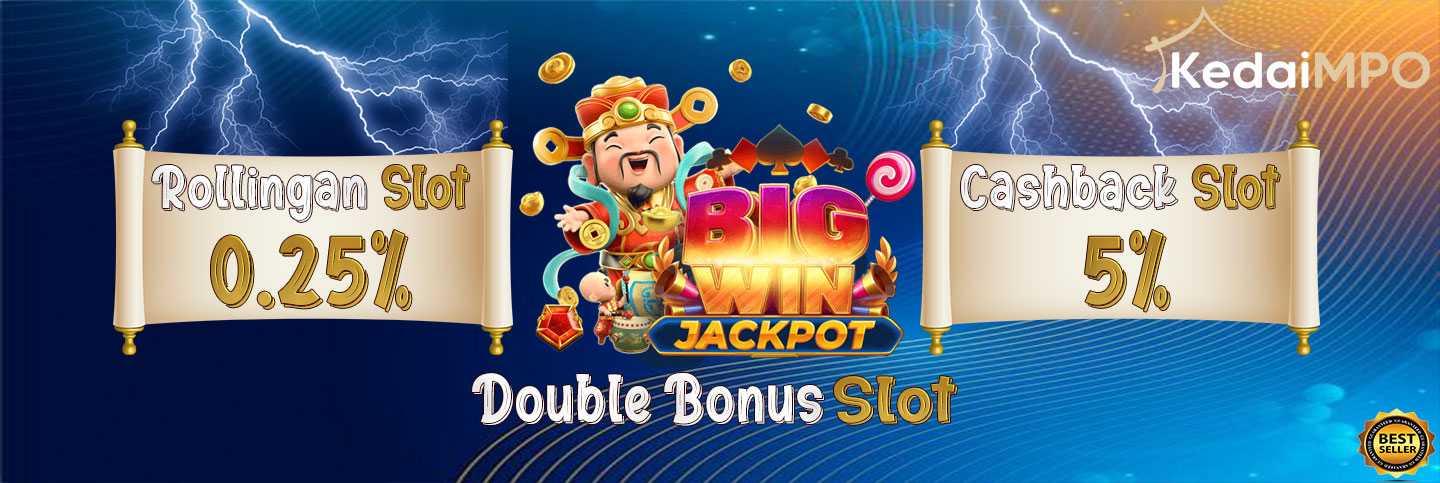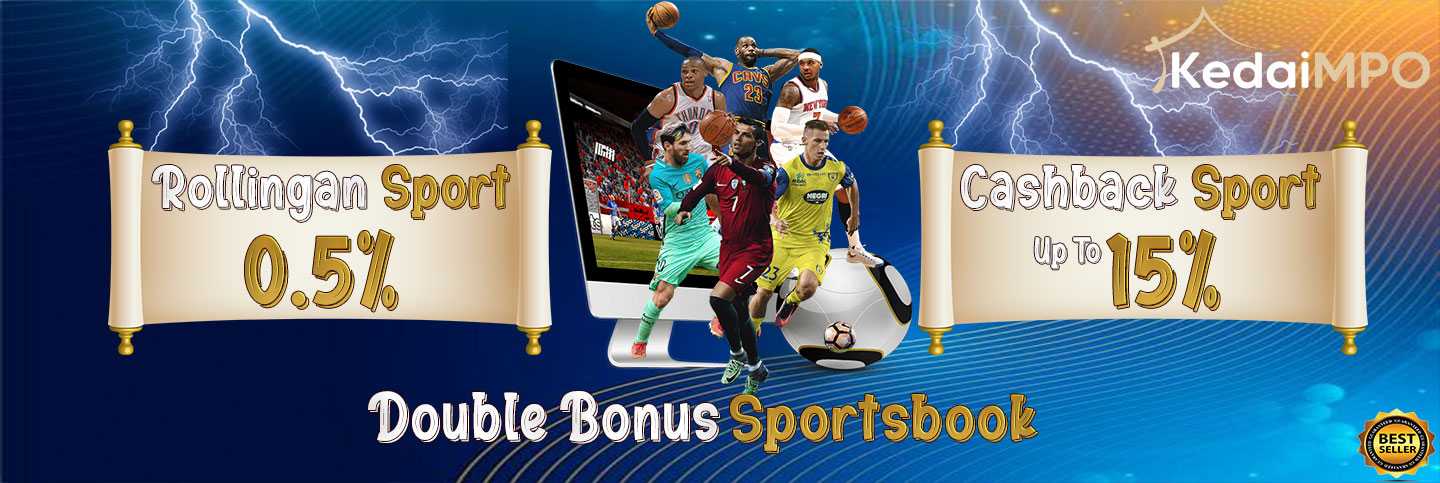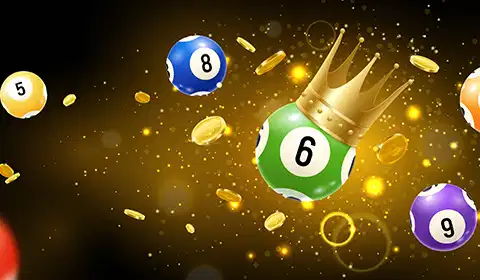








Wild Ape #3258
Pinata Wins
Mahjong Ways
Mahjong Ways 2
Dragon Hatch 2
Crypto Gold
Gemstones Gold
Heist Stakes
Rise of Apollo
Mermaid Riches
Buffalo Win
Legendary Monkey King
Emoji Riches
Lucky Clover Lady
Fortune Dragon
Cash Mania
Wild Bounty Showdown
Lucky Neko
Wild Bandito
Treasures of Aztec
Ways of the Qilin
Jurassic Kingdom
Cocktail Nights
Mafia Mayhem
The Great Icescape
Cai Shen Wins
Speed Winner
Dreams of Macau
Ganesha Fortune
Asgardian Rising
Queen of Bounty
Midas Fortune
Prosperity Fortune Tree
Honey Trap of Diao Chan
Gem Saviour
Fortune Gods
Medusa 2: The Quest of ...
Medusa 1: The Curse of ...
Hood vs Wolf
Reel Love
Win Win Won
Plushie Frenzy
Tree of Fortune
Hotpot
Dragon Legend
Hip Hop Panda
Legend of Hou Yi
Mr. Hallow-Win
Prosperity Lion
Santa's Gift Rush
Gem Saviour Sword
Piggy Gold
Jungle Delight
Symbols Of Egypt
Ganesha Gold
Emperor's Favour
Double Fortune
Journey to the Wealth
Captain's Bounty
Dragon Hatch
Vampire's Charm
Ninja vs Samurai
Leprechaun Riches
Flirting Scholar
Gem Saviour Conquest
Dragon Tiger Luck
Muay Thai Champion
Shaolin Soccer
Fortune Mouse
Bikini Paradise
Candy Burst
Egypt's Book of Mystery
Circus Delight
Phoenix Rises
Wild Fireworks
Genie's 3 Wishes
Galactic Gems
Jewels of Prosperity
Secrets of Cleopatra
Guardians of Ice & Fire
Thai River Wonders
Opera Dynasty
Bali Vacation
Majestic Treasures
Jack Frost's Winter
Fortune Ox
Candy Bonanza
Oriental Prosperity
Raider Jane's Crypt of ...
Supermarket Spree
Mask Carnival
Spirited Wonders
The Queen's Banquet
Destiny of Sun & Moon
Garuda Gems
Rooster Rumble
Battleground Royale
Butterfly Blossom
Fortune Tiger
Legend of Perseus
Win Win Fish Prawn Crab
Lucky Piggy
Wild Coaster
Totem Wonders
Alchemy Gold
Diner Delights
Hawaiian Tiki
Bakery Bonanza
Rave Party Fever
Mystical Spirits
Songkran Splash
Super Golf Drive
Fortune Rabbit
Fruity Candy
Cruise Royale
Safari Wilds
Gladiator's Glory
Ninja Raccoon Frenzy
Ultimate Striker
Wild Heist Cashout
Forge of Wealth
Tsar Treasures
Werewolf's Hunt
Login Anggota
Permainan

Popular
Slot
Sports
Casino
Arcade
Poker
Togel
Live
Dana Tidak Mencukupi
Saldomu tidak cukup untuk bermain. Ingin mengunjungi Kasir ?























